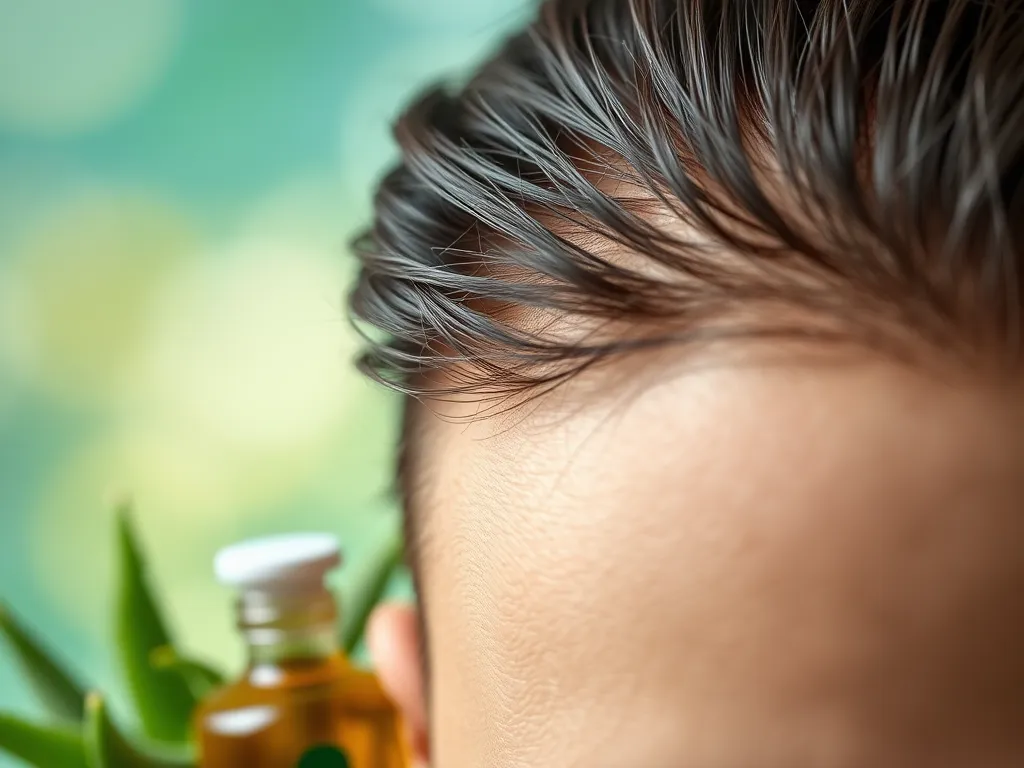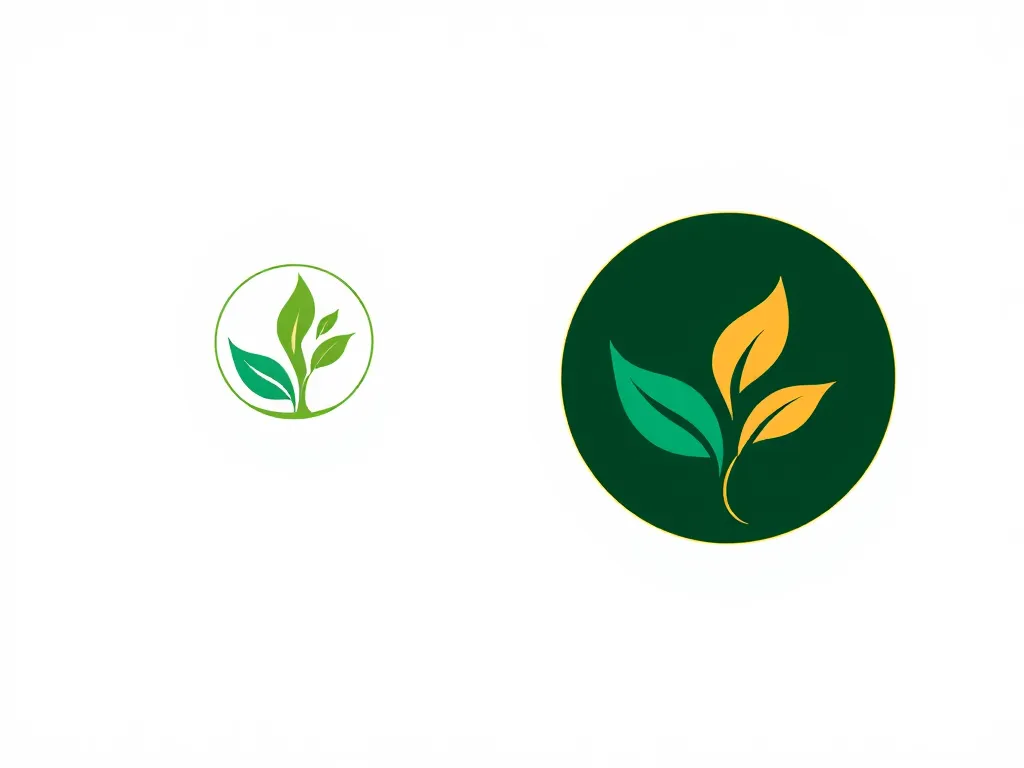Understanding the Importance of Scalp Health in Preventing Hair Loss

Scalp Health and Hair Loss Prevention
Scalp health is a vital yet often overlooked aspect of overall wellness and personal grooming. It serves as the foundation for healthy hair growth, and understanding its nuances is essential for anyone concerned about hair loss prevention. By prioritizing scalp health, individuals can take proactive measures to maintain their hair and prevent premature thinning or loss.
Hair loss can be attributed to various factors, including genetics, environmental influences, and underlying health conditions. However, one critical element that significantly affects hair loss is the condition of the scalp itself. Regularly caring for the scalp can improve hair follicle health, thus aiding in retention and potentially preventing thinning hair.
In this article, we will explore the components of scalp health, the common conditions that can lead to hair loss, effective nourishing practices, scalp care techniques, and professional treatments available. Understanding these factors creates a holistic approach to scalp health and hair loss prevention, promoting stronger, healthier hair.
Scalp health and hair loss prevention are deeply interconnected. By focusing on maintaining a clean, healthy scalp and addressing potential issues before they escalate, anyone can take significant steps towards preserving their hair and boosting their confidence. Let us delve into what constitutes healthy scalp skin and how to maintain it.
Ultimately, investing time and effort into scalp health is crucial for anyone who wants to keep their hair full and healthy. A proactive and informed approach can lead to better outcomes in preventing hair loss as well as improving overall hair appearance.
Understanding Scalp Health
Healthy scalp skin is characterized by cleanliness, adequate moisture, and a balanced pH level. An optimal scalp will be free from excessive oiliness or dryness, flakiness, and irritation. Additionally, a healthy scalp should exhibit no signs of inflammation or infection, allowing hair follicles to function properly and support healthy hair growth.
The health of the scalp directly affects the hair follicles that reside within it. If the scalp is unhealthy, it can hinder hair follicles from producing robust, healthy hair. Issues such as clogged follicles due to excess oil or product buildup can result in hair thinning and loss, making it essential that the scalp is kept in optimal condition to allow for proper hair growth.
Maintaining good hygiene and nutrition is essential for optimal Scalp Health and preventing various scalp conditions.
Several key factors can affect scalp conditions, including genetics, diet, stress levels, exposure to harsh chemicals, and environmental factors such as pollution. Adequate hydration, nutrition, and a consistent hair care routine can significantly influence the health of the scalp, making it imperative to integrate these components into daily life.
Common Scalp Conditions
Dandruff is one of the most common scalp conditions, characterized by flaky, itchy skin that can lead to hair loss if left untreated. When the scalp is inflamed and irritated due to dandruff, it can disrupt the hair growth cycle, resulting in thinning hair. Regular cleansing and suitable treatment options are necessary to tackle dandruff and maintain scalp health.
Scalp psoriasis is another condition that affects the scalp, presenting as red patches covered in thick, silvery scales. It can cause discomfort and result in hair loss due to scratching and inflammation. Treatments often include topical medications or phototherapy to alleviate symptoms and promote a healthier scalp.
Fungal infections, such as ringworm of the scalp, can also impact scalp health. These infections can cause hair loss and significant discomfort. Antifungal treatments prescribed by healthcare professionals are essential for addressing fungal issues and restoring scalp health.
Nourishing the Scalp
To nourish the scalp effectively, several oils and products can be beneficial. Oils such as coconut oil, tea tree oil, and argan oil are known for their nourishing properties. These oils can help hydrate the scalp, reduce inflammation, and promote healthy hair growth. Regularly using such oils can create a protective barrier, preventing moisture loss and enhancing overall scalp condition.
DIY treatments for scalp hydration are simple and can be performed at home. Ingredients like aloe vera, honey, and yogurt can be combined to form nourishing masks or treatments that improve lubrication and enhance moisture levels in the scalp. These natural remedies can also soothe irritation and invigorate hair follicles.
Additionally, a balanced diet rich in essential vitamins and minerals is paramount for scalp health. Nutrients like omega-3 fatty acids, biotin, and vitamins A, C, and E contribute significantly to scalp nourishment. Incorporating foods high in these nutrients can lead to brighter, healthier hair and a more robust scalp.
Scalp Care Techniques
Effective scalp massages can significantly improve blood circulation, which is beneficial for hair follicles. Gentle circular motions with fingertips for about 5-10 minutes daily can increase blood flow and promote relaxation, effectively supporting scalp health and potentially preventing hair loss.
Proper washing and care for the scalp are also essential. It's crucial to choose shampoos suitable for your scalp type and avoid excessive washing that can strip the scalp of natural oils. Additionally, massaging the scalp while shampooing can help to cleanse it effectively and enhance circulation.
Herbal remedies, including essential oils such as rosemary or peppermint, can also serve as effective scalp care solutions. These natural options are known for their stimulating properties which can enhance blood flow to the scalp and invigorate hair follicles, leading to healthier hair growth.
Professional Treatments for Scalp Health
Laser therapy is a professional treatment that has shown promise in improving scalp conditions and promoting hair growth. This non-invasive process utilizes low-level laser light to stimulate hair follicles and increase blood circulation, ultimately enhancing scalp health and reducing hair loss.
Scalp micropigmentation is another professional solution that offers aesthetic improvement for those experiencing thinning hair. This cosmetic tattooing technique replicates the appearance of hair follicles, providing a fuller look and enhancing the confidence of individuals dealing with hair loss.
Lastly, consulting a dermatologist for scalp issues can provide invaluable insights and targeted treatments. A professional can evaluate your scalp condition and recommend appropriate therapies or treatments tailored to your specific needs, ensuring optimal scalp health and hair loss prevention.
